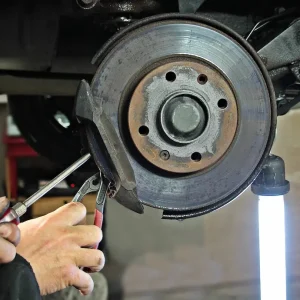Clive Forsythe, sales and marketing director at Masterlease, says fleet managers are seriously considering moving away from cash-for-car to return to the traditional company vehicle
Credit crunch, global downturn, recession – all soundbites describing the current economic environment.
Of course, we’ve all been here before. Indeed, this feeling of deja vu goes back to the 1970s, a time of wage restraint and the famous ‘three-day week’ when the company car was introduced into the UK as incentive tool to get round inflation-busting salary increases in order to hold onto to key staff.
Like the British economy, the company car has had a chequered history. In recent years managed schemes have been falling in popularity because of a number of factors, not least perceived cost, effort involved in implementing them and the growth of the more flexible cash-for-car schemes.
However, at a time when we’re experiencing another economic decline, there is now more than anecdotal evidence that the company car is making a comeback, and is far from being a kind of retro-dinosaur like DCI Gene Hunt’s Ford Cortina in the hit series Life on Mars.
Indeed, financial reasoning that is harder than DCI Hunt on a bad day lies at the core of the move back to company cars. This year for example, there was a favourable tax shift on BIK relief on the lowest emitting company cars.
Testing our own hypothesis, we surveyed 200 fleet managers at companies that had offered cash alternative schemes since the 2001 Budget when CO2 based company car tax was introduced, and found the majority (60%) would like to see a return to traditional managed company schemes away from cash-for-car. They gave cost reduction and employee demand as the biggest influencing factors in this decision.
Triggered by volatile fuel prices, 52% said that the company car was now more attractive to staff than a cash alternative, while almost half were concerned about the environmental impact of cash for car schemes (previous research has suggested that when given a cash choice, many drivers use the money to buy older vehicles, 4x4s and sports models that produce an average of 16% more CO2 than company cars).
Other reasons given for the shift included better control of health and safety risks, especially in light of recent duty of care legislation including the latest Corporate Manslaughter regulations.
The results are fairly conclusive: many companies that have gone down the cash route are now considering a move back to company cars. In fact, only 15% of those questioned would never consider changing back.





